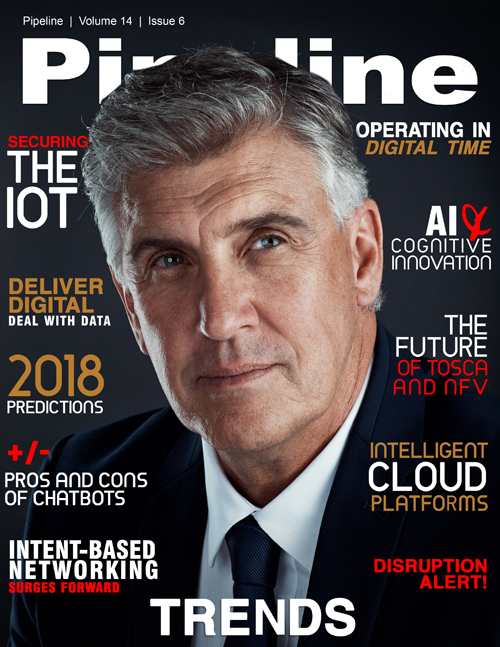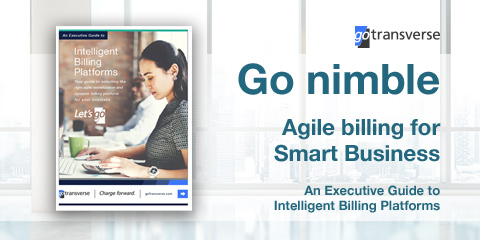Deliver Digital, Deal with Data
By: Lars Mansson
.jpg)
On Becoming Digital…
The fact is that both in telco and across other industries commercial and operational infrastructures are changing; it’s hardly a secret. Digitization (essentially meaning a re-invention of business processes) is altering the competitive landscape in significant ways. However, despite eagerness to take up the new technologies ranging from (in telco) 5G to IoT to Cloud and beyond, many companies are finding success elusive.
In general, one thing that digital innovators have in common is an early recognition that the fuel of progressive operational infrastructures and service innovation is data. Why? Essentially, because new technologies may confer the ability to be smarter and more profitable than those they’re supplanting, but the smartness and thus profitability, is dependent on understanding and the quality of the raw data they rely on to guide their decisions and behaviors. An IoT or digital strategy that relies on less than optimal data feeds (roughly in terms of time, volume and clarity) doesn’t lead to success.
This reality should be self-evident. For companies executing digital strategies (rather than talking about them), there is a growing understanding that the key requirement isn’t in mastering the new digital technologies but in understanding your own business experience more exactly. Only when you have mastered your organizational processes and goals (information contained in your enterprise data) can you work out how digitization can be transformative and, by extension, know what data you need to drive your strategies. Then, of course, you have to make sure you can access it.
Why is this the case? Why does broader digital success depend on answering the narrower question of application enablement and data integration and management? Essentially, it’s because the right data enables and organization to:
- Effectively leverage new technologies;
- Create desirable new business models;
- Access Cloud-based services; and
- Protect (prolong) legacy IT investments.
Let’s look in a little more detail. To build the new digital operational infrastructure requires a foundation that extends beyond a legacy infrastructure composed of a complex stack of static, inter-dependent applications, not originally designed to support new ways of doing business, especially those that place a premium on speed and flexibility. As a result, understanding events in real-time and being able to access (think APIs rather than proprietary interfaces) and analyze data quickly has now become vital.
Telcos is one industry that today must shift to a data-driven IT architecture that is responsive to customer needs and supports both new technologies (Blockchain is an example) and fast new service rollouts. The requirement is for a versatile data integration engine that interfaces assets, market, customer and partner information as well as data from new connected network resources and devices.





















